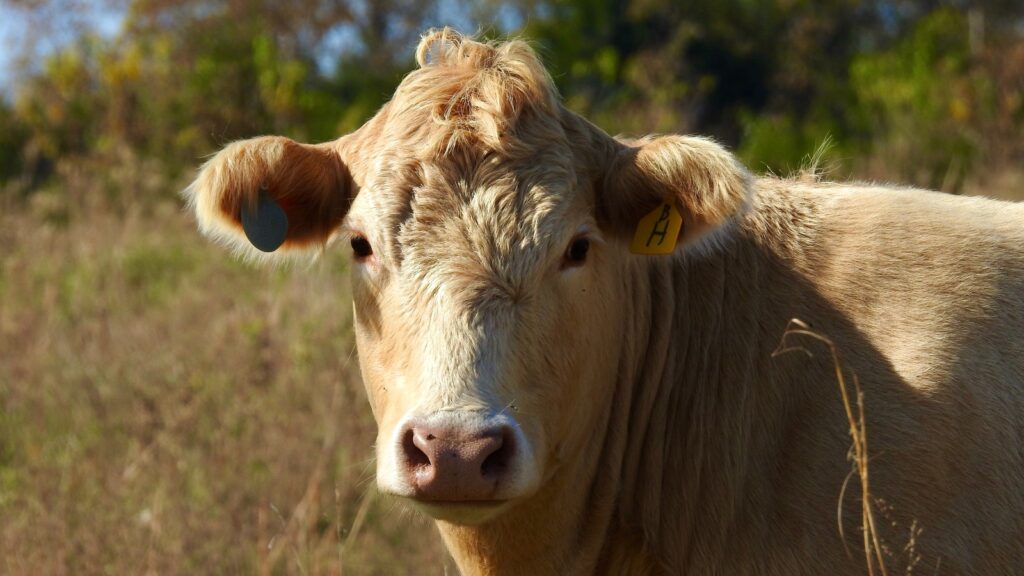Kansas in the US is currently experiencing extreme heat, and it’s having a severe impact on the state’s cows. So far, around 2,000 of the animals have died.
Kansas temperatures are soaring. Earlier this week, they reached more than 40 degrees Celsius (which is 108 degrees Fahrenheit). According to the Kansas Livestock Association, the animals could not acclimatize to the heatwave. They died of heat stress as a result.
Kansas is one of the US’ biggest cattle farming states, with a population of more than 6.5 million.
The news comes at the same time as a Guardian investigation reveals that more than 20 million farm animals die on their way to the slaughterhouse, some from overheating.
Organizations like PETA are calling for change, and asking people to remove beef from their diets in protest of the poor conditions cattle are subjected to.
“In the winter, cattle freeze to death in states such as Nebraska, South Dakota, and Wyoming. And during the summer, they die from the heat in states such as Kansas and Texas,” the animal rights organization notes on its website.
“After about a year of enduring harsh weather extremes, cows are shipped to an auction lot and then may be sent hundreds of miles away to massive feedlots—feces- and mud-filled holding pens where they’re crammed together by the thousands. Many are sick on arrival, and some die shortly afterward.”
Animals and extreme heat
The news of the cows’ deaths suggests that, with major weather events becoming more common due to the climate crisis, farm animals are struggling to cope. And it’s not the first time it’s happened.
Earlier this year, a Pakistani farmer was caught inconsolable on camera after his herd died of thirst in a heatwave. According to reports, up to 200 animals could have died in Pakistan due to the extreme temperatures.
In Argentina, up to 3.4 million hens died amid a heatwave that saw temperatures reach 45 degrees Celsius. And reports at the time stated that some farms had up to 40 percent mortality.
Extreme heat doesn’t just impact farm animals, either. Last year, more than one billion of Canada’s marine animals, including mussels, snails, and clams, died in a heatwave.
Referring to the climate crisis’ impact on animals, marine biologist Christoper Harley told the Guardian last year: A lot of species are not going to be able to keep up with the pace of change. Ecosystems are going to change in ways that are really difficult to predict. We don’t know where the tipping points are.”






